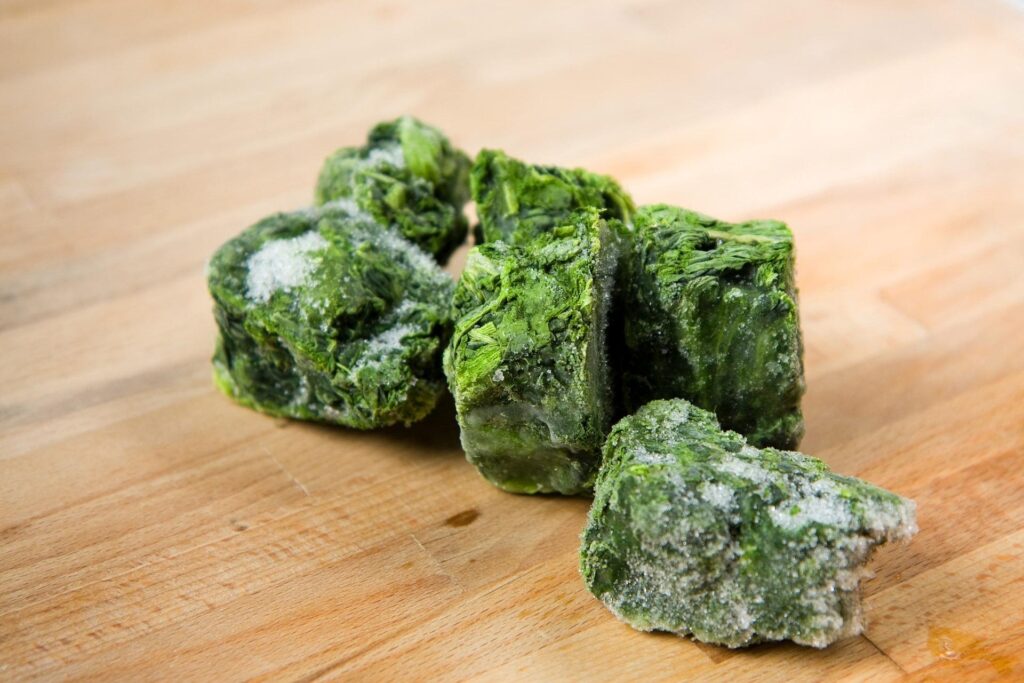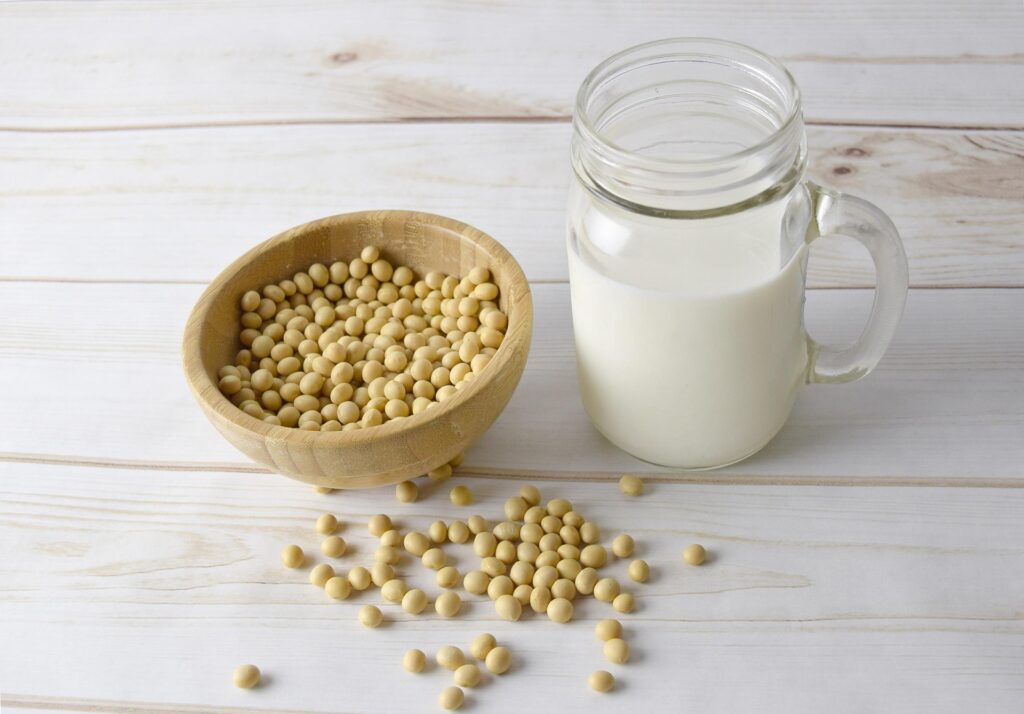
When the weather turns cold and the days get shorter, it’s natural for our energy levels and appetites to shift. For many older adults, winter can bring unique challenges, limited mobility, fewer trips to the grocery store, and even changes in taste or appetite.
During winter, our bodies make less vitamin D because sunlight exposure is limited. Vitamin D plays a vital role in keeping bones strong, supporting immunity, and even boosting mood but as we age, our skin becomes less efficient at producing it from sunlight.
This means it’s extra important for older adults to get enough vitamin D from foods or supplements during the colder months. The recommended daily amount for adults over 70 is 800 IU (20 micrograms) per day, though some individuals may need more based on medical guidance.
Look for foods fortified with vitamin D like milk (if tolerated), plant-based milks, and cereals or natural sources such as salmon, eggs, and sardines. A simple vitamin D supplement may be necessary if your healthcare provider recommends it.
With a few simple, nutritious staples on hand, you can nourish your body, support your immune system, and feel your best all season long without complicated recipes or expensive ingredients.
Here are 10 easy-to-find, affordable foods that will help you thrive through the winter months.

1. Oats
Oatmeal is warm, filling, and packed with soluble fiber which helps lower cholesterol and keeps digestion regular. It’s also gentle on the stomach and easy to prepare with just water or milk.
Try this: Add cinnamon, a drizzle of honey, and sliced apples or frozen berries for a cozy, heart-healthy breakfast or supper.
2. Sweet Potatoes
Rich in vitamin A, potassium, and fiber, sweet potatoes support vision, immunity, and healthy blood pressure. They can be baked, microwaved, or mashed — no fancy tools needed.
Try this: Bake a few at once, then reheat slices throughout the week as an easy side dish or snack.
3. Rotisserie Chicken
Protein helps preserve strength and muscle mass. Rotisserie chicken is a convenient, budget-friendly choice that can be a key ingredient to many meals.
Try this: Add to soups, salads, or wraps with a spoonful of Greek yogurt and herbs for quick, nourishing meals.

4. Frozen Leafy Greens
Spinach, kale, or collard greens are full of vitamins C, K, and folate all key for immune and bone health. Frozen greens are just as nutritious as fresh and much easier to store. Buy them already frozen or purchase them fresh to freeze at home.
Try this: Toss into soups, scrambled eggs, or smoothies for an instant nutrition boost.
5. Citrus Fruits
Oranges, tangerines, and grapefruits are winter superstars, loaded with vitamin C to strengthen your immune system. They’re easy to peel and don’t require refrigeration for short periods.
Try this: Have one as an afternoon snack or squeeze fresh juice over salads for a zesty twist.
6. Canned or Low-Sodium Soup
Soups are comforting and hydrating, and canned options can be a real time-saver. Choose those labeled low sodium and add extra veggies or beans to make them more filling.
Try this: Keep a few cans of lentil or chicken soup on hand for an easy, nourishing meal when you don’t feel like cooking especially on those chilly days.

7. Beans and Lentils
Whether canned or dry, beans are budget-friendly, protein-packed, and full of fiber. They’re excellent for heart and gut health and they stretch meals beautifully.
Try this: Mix canned beans into rice, soups, or salads. Just rinse them first to remove excess sodium.
8. Eggs
Eggs are one of the easiest, most affordable sources of high-quality protein. They’re quick to cook and full of nutrients like vitamin D and choline, which support brain function and muscle health.
Try this: Hard-boil a few eggs at once for a grab-and-go snack or breakfast or make scrambled eggs with spinach for an easy dinner.
9. Frozen Berries
Fresh berries can be expensive in the winter, but frozen ones are just as nutritious and they last longer! They’re full of antioxidants that protect against inflammation and cell damage.
Try this: Stir frozen berries into oatmeal, yogurt, or even warm them slightly for a cozy fruit topping or as a warm dessert.

10. Milk or Fortified Plant-Based Milk
Calcium and vitamin D are vital for bone health, especially for older adults. Choose low-fat dairy or fortified plant-based milks like cashew, oat, or almond milk.
Try this: Use in oatmeal, soups, or smoothies for extra nutrition and creaminess (and warmth!).
Bonus Tips for Staying Nourished All Winter
- Get some sunlight daily even 10–15 minutes near a sunny window helps boost mood.
- Stay hydrated: Even in cold weather, your body needs water. Herbal teas and warm broth count towards your daily fluids.
- Simplify meal prep: Cook once, eat twice. Make larger portions and freeze leftovers in individual containers.
- Keep easy snacks handy: Nuts, yogurt, fruit, and whole-grain crackers are great for quick nutrition.
- Move a little every day: Gentle movement supports digestion, energy, and mood.
- Add a multivitamin D supplement if recommended by your doctor.
Final Thought
Good nutrition is one of the simplest ways to stay strong, energized, and healthy through winter. By choosing affordable, nutrient-dense foods and paying attention to vitamin D intake you can help protect your bones, boost immunity, and lift your mood all season long.
Because food isn’t just fuel, it’s care, comfort, and the warmth that gets us through even the coldest days.

Johane M. Filemon
Johane M. Filemon, MS, RDN, CLT is a Registered Dietitian Nutritionist and media contributor with over 15 years of experience in the field of Nutrition. She holds bachelor’s degrees in Exercise Science and Dietetics, and a master’s degree in Food and Nutrition Science. Her practice Wonderfully Nutritious Solutions is focused on helping others reverse chronic inflammation by utilizing functional and holistic nutrition. She believes that a healthy lifestyle should be inclusive of culture and not one-size-fits-all. She is the mother of 5 young boys whom she loves teaching how to create delicious meals in the kitchen.
